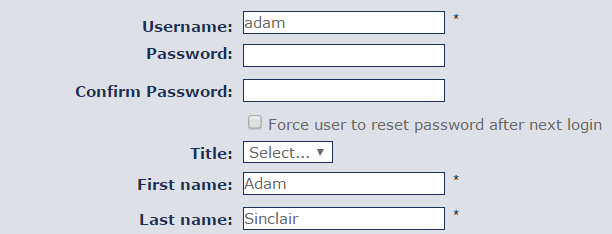VinciWorks’ first course on the Modern Slavery Act, Modern Slavery: Preventing Exploitation, focuses on giving staff a broad overview and introduction to forced labour and other abuses that the new Act was designed to tackle. Our next Modern Slavery Act course is at an advanced level aimed at those who have already completed the introductory course or need more in-depth training. Modern Slavery: Practical Steps for Procurement is tailored to the supply chain side of a business, giving procurement teams real-life scenarios and practical steps to identify and act on modern slavery abuses across all parts of the supply chain.
Countries with a high risk of modern slavery

Learn from real-life examples

Interactive review questions

Participants will gain an understanding of the supply chain hot spots, such as third party suppliers, outsourcing and international supply chain issues, as well as expanded red flags and abuse indicators. Upon completing the course, participants will be better equipped to ask the right questions to their suppliers. Here are some of the features of the new online course on modern slavery.
Find out more about Modern Slavery: Practical Steps for Procurement
Fill in the form below to receive exclusive updates about the course.
[wufoo username=”vinciworks” formhash=”z1dwp1zm1b15m3c” autoresize=”true” height=”497″ header=”hide” ssl=”true”]















